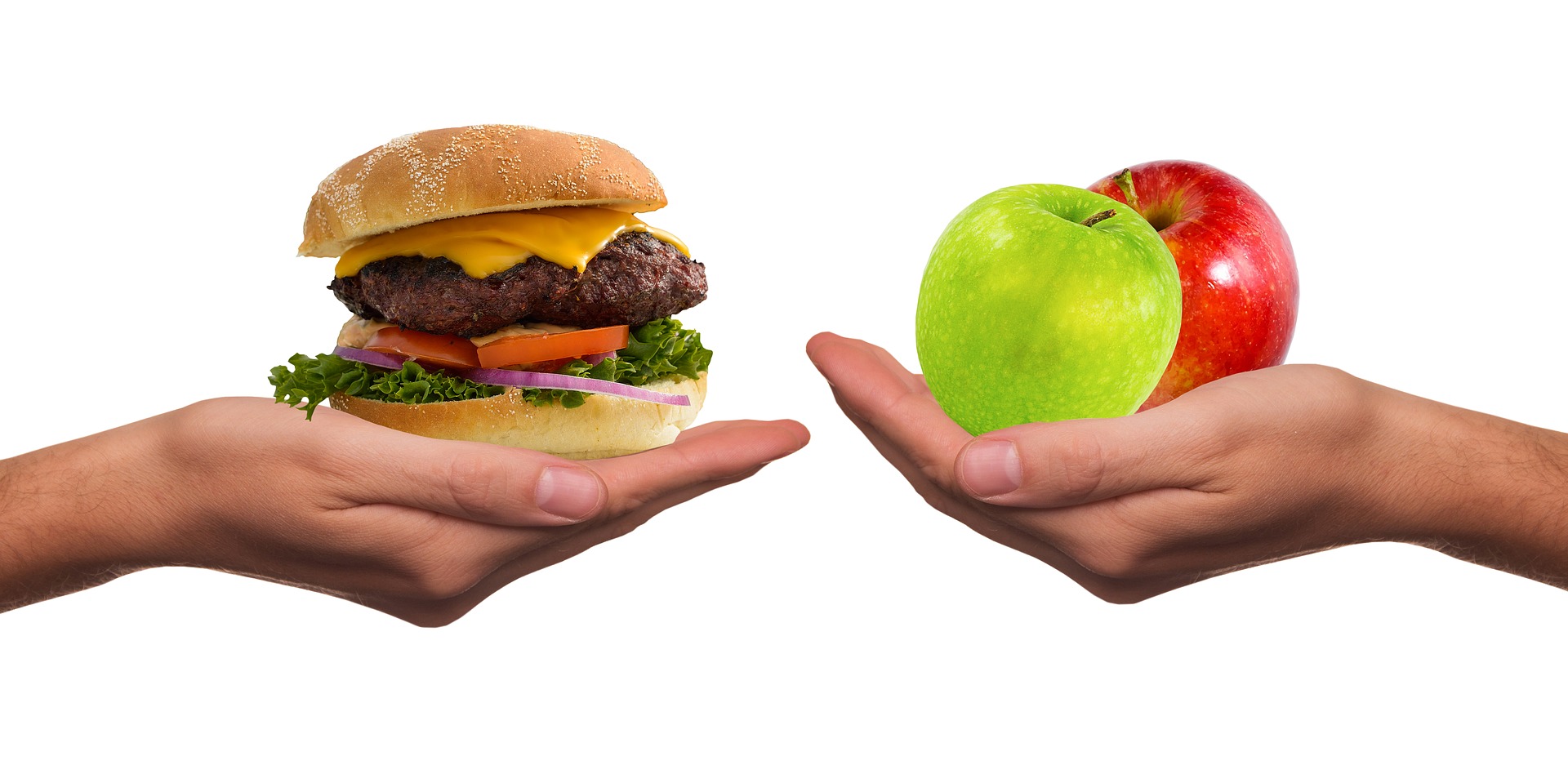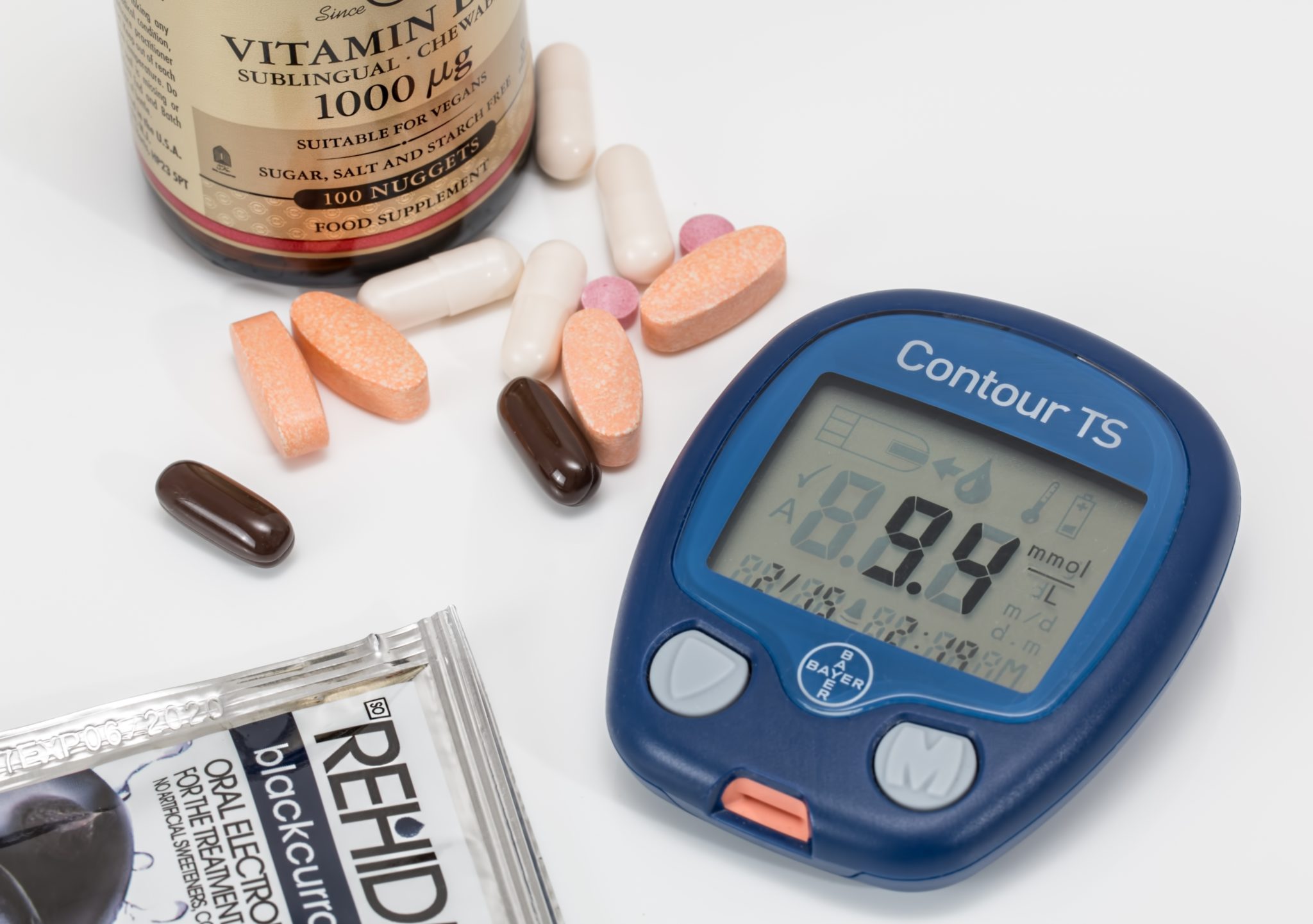People generally tend to choose a diet plan depending on various factors like how tough it can be, how long it has to be implemented, how much weight loss it guarantees, and so on. But a new trend is catching on pretty fast – choosing a diet based on the personality of the person, so that way, before wondering if intermittent fasting works, you should first find out if it’s in line with your lifestyle and attitude. And if you are also interested in such things, then this post will give you a brief idea of what kind of diet lifestyle suits certain personalities.
1. The One Who Likes To Socialize With People:
People who are fond of socializing very often with others face a unique problem when it comes to dieting. Since they will go out to parties a lot, they will only have the choice of eating foods that are salty and fatty. In addition, there will likely be lots of alcohol present. The best diet plan for such people should include something that helps them avoid such foods and alcohol. As such, the diet should not be too focused on eating a fixed number of calories at fixed times. Instead, the schedule must be flexible enough that they can eat a lot of food in one go just before they leave their home for a party. This will ensure that their stomach is full and they don’t end up eating fatty, sugary, salty, processed foods at the parties.
2. The One Who Is Obsessed With Rules And Guidelines:
Some people are extremely obsessed with following every single rule applicable to a task at hand. So, if the rule says that a screw has to be twisted 8 times in order to tighten something to a wall, such people will twist the screw exactly 8 times, nothing more nothing less. As such, extremely detailed diet plans that take care of every single aspect of their food right from when to eat, what to eat, how to eat, and so on, are the most suitable diet program for such people. For example, such people will likely find the HCG diet to be very useful since it involves a lot of strict rules which can lead to impressive weight loss results if followed correctly. And in case you are interested in the HCG diet, you can easily find all the Answers to the Top Queries about Starting HCG Diet by searching online.
3. The One Who Constantly Keeps Thinking:
Some people like to constantly keep thinking about something. It does not even have to be related to anything important in their lives. In fact, it can be as ridiculous as possible. But if anything catches their fancy, these people start thinking about everything associated with it. For example, while cooking in the kitchen, they might see that a spider has caught an insect in its web. This might trigger them to think about what the spider web is made of, what would happen if spiders got huge like elephants, and so on. Such types of people also tend to eat a lot in order to keep up with their constant thinking. As such, a diet plan suitable for these people should focus on frequent low-calorie meals each day. So, if they are already consuming 3000 calories every day, and the diet aims to limit it to 2000 calories, then the meal plan can be set in a way that they consume 250 calories over 8 meals during the day.
4. The One Who Acts Impulsively:
There are people who act impulsively. No amount of planning will be of use to such people since they usually tend to override all plans with what they spontaneously feel is the right thing to do. With such people, a detailed, step-by-step diet plan is useless since they will be unable to follow it. As such, the best thing to do is to only focus on a few general rules while leaving the specifics to them. For example, suppose that you want them to eat specific food items during lunch. Now, they are not going to plan what they are going to cook for lunch a week in advance. No. So, the best thing you can do is to stick the refrigerator with low-calorie, high-nutrient foods. As such, when it comes the time to cook a meal, they will only have healthy foods to cook.
5. The One Who Is Constantly Worried About Everything:
Such people can easily be spotted by their extreme obsession with always worrying about every single thing in their life. For example, if they usually go back to their home from work in the metro, but the metro is closed for any specific day for some reason, then the prospect of having to take a taxi will trigger them to think about road accident statistics, cases of assault from taxi drivers, and so on. A diet for such type of people must provide a detailed list of potential negative effects of the program, the food items, and such. Knowing the negatives of a diet right away will help to focus their attention on the positive aspects of the diet so that they can choose a program suitable for them.
6. The One Who Is Looking To Experience New Things:
A few people are always on the lookout for new experiences. They are usually bored by doing the exact same thing over and over. In contrast, whatever is new excites them to such a degree that they will go to great lengths to try it out. You can easily spot such people jumping from one job to another because they found the previous jobs ‘boring’. The best diet plan for such people should include a variety of foods every day. Ideally, the meals must be exotic, from different cultures. The prospect of experiencing a few tastes and cooking methods every day and week will surely make them stick on to the diet program.
The above is just a small glimpse of how diet plans can be structured according to the personality and preferences of a specific individual. If you take a detailed look at a person’s interest and tastes, you can customize it to such an extent that the individual will be far more likely to follow the diet plan.
Read More:






















